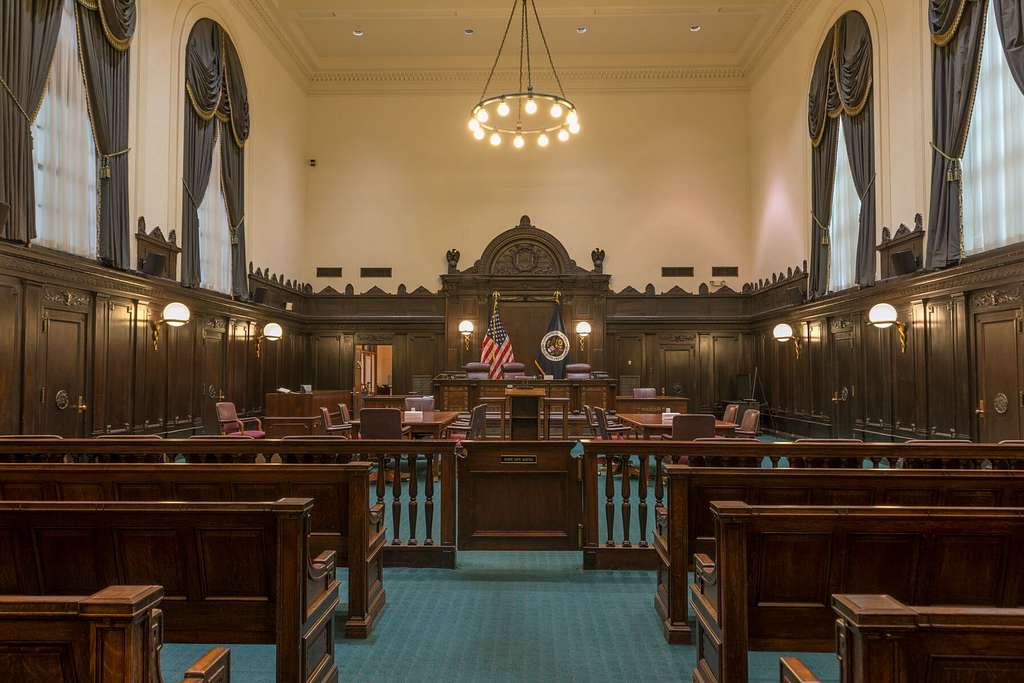
PredictIt’s Cavalier Approach to the CFTC
By Pratik Chougule and Solomon Sia
It is little surprise that the CFTC withdrew PredictIt’s no-action letter in light of how cavalierly the company managed its relations with the agency.
Indeed, while we are sympathetic to PredictIt’s mission and its team, our research into the topic left us wondering how PredictIt even managed to retain no-action relief for as long as it did.
PredictIt’s agreement with the CFTC makes clear that the Commission was granting PredictIt regulatory relief in order to operate a non-profit, educational experiment overseen by university faculty, which would offer only limited political event contracts.
Whether or not PredictIt violated the letter of its agreement as the CFTC alleges, it is difficult to understand why the seasoned Washington operatives managing PredictIt concluded that the company’s business practices were consistent with the spirit of its understanding with the CFTC.
Nor is it clear why PredictIt persisted in many of these practices even after being confronted repeatedly by CFTC officials who claim unilateral authority to rescind its no-action letter.
PredictIt’s Fee Structure
The no-action letter permits PredictIt to charge fees necessary to cover regulatory compliance and operating costs for a non-profit, academic venture. In this sense, the rationale behind PredictIt’s fee structure is unclear. On the one hand, PredictIt claims to be operating at a loss. At the same time, PredictIt charges fees on trades and withdrawals that are so high they distort the research value of its data and deter investors from opening accounts on the site.
In an interview on Star Spangled Gamblers in October 2021, Phillips conceded the market distorting impact of the fees but refused to lower them.
Nor has the fee structure satisfied CFTC concerns about whether PredictIt is adhering to the terms of its no-action letter.
A potential explanation for why PredictIt persists with this fee structure is that it is part of a scheme in which PredictIt monetizes its markets and its users in coordination with data analytics firm Aristotle and its affiliates. Considering that Victoria University has not made money from PredictIt, collecting payments of just $2,000 per month for a university subsidiary, Aristotle’s business model raises questions about the extent to which PredictIt is in fact a non-profit venture.
Court rulings and journalistic investigations may shed greater light on the details of PredictIt’s finances.
Betting Lines With Little Public Interest Value
In terms of the contracts on the site, PredictIt has offered betting lines that bear little relation to the public interest. In its court filing before the Fifth Circuit, the CFTC specifically lists 17 markets PredictIt has offered that are “outside of the bounds” of the no-action letter. One is a market on the number of times U.S. Representative Alexandria Ocasio-Cortez would tweet in a random week in March.
Victoria University maintains that “all markets” identified by the CFTC are “within a reasonable and good faith interpretation of the scope of contracts approved by the NAL [no-action letter].”
For example, the market on Ocasio-Cortez’s tweets is justified by the university on the grounds that the “volume of her Tweets both constitute and relate to significant political events.”
The CFTC could have included even more dubious markets PredictIt has offered in the past. An infamous example is the market PredictIt offered on whether Trump would dance with Caitlyn Jenner at the White House ball.
In another case, PredictIt markets may have led to death threats against presidential candidate Andrew Yang from someone with a stake in the number of times he would tweet.
Ignored Warnings
Frequent warnings by PredictIt users about the way the company was navigating its political risk were dismissed by PredictIt’s management.
As early as February 2016, Domer, one of the most prominent political bettors in the world, began emailing PredictIt his concerns about how the site was handling regulatory risk with the CFTC.
Domer argued that PredictIt was “far too cavalier in blurring the line between predicting politics and gambling.”
The following year, the chief counsel of the CFTC’s Division of Market Oversight questioned Aristotle about “how contracts predicting the number of candidate tweets were political event contracts.”
Pratik Chougule echoed these points in a series of tweets in 2019 and 2020. He reported that PredictIt’s markets on the number of times politicians were tweeting were controversial to the CFTC, likely because they were not the type of markets that “regulators had in mind when they permitted PredictIt.” Chougule warned that these markets would “invite regulatory scrutiny” and that “regulators would use them as an excuse to crack down on PredictIt broadly.” Rather than pursuing markets that “casts doubt on PredictIt’s claim that it is an academic research project,” Chougule counseled “a more cautious regulatory approach that leads to eventual deregulation of political prediction markets.”
Around the same time, prominent PredictIt user James Altucher publicly questioned Phillips on the “random” nature of Trump tweet markets in an interview. Phillips defended the markets without mentioning the regulatory scrutiny they were inviting.
Eventually, the CFTC did indeed prohibit the tweet markets as part of a broader review of PredictIt’s compliance with its no-action letter. This review culminated in an agency order to shut down the site. Among the reasons cited by the DMO was that PredictIt’s “listing of contracts well outside of the scope of Letter 14-130 creates the false impression that DMO staff has determined that these contracts are acceptable.”
Pratik Chougule is the executive director of the Coalition for Political Forecasting. Solomon Sia is a board member of the Coalition for Political Forecasting. This post is adapted from their report, “Political Betting Regulation in the United States: Pathways to Liberalization.”
